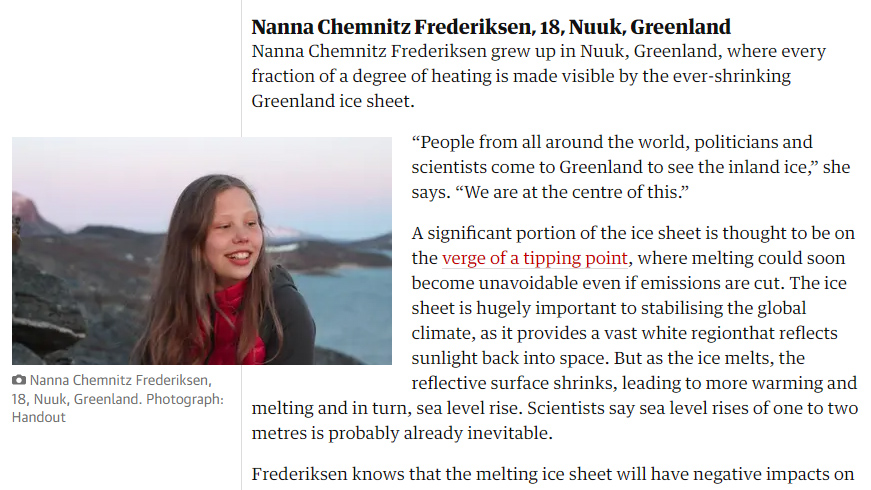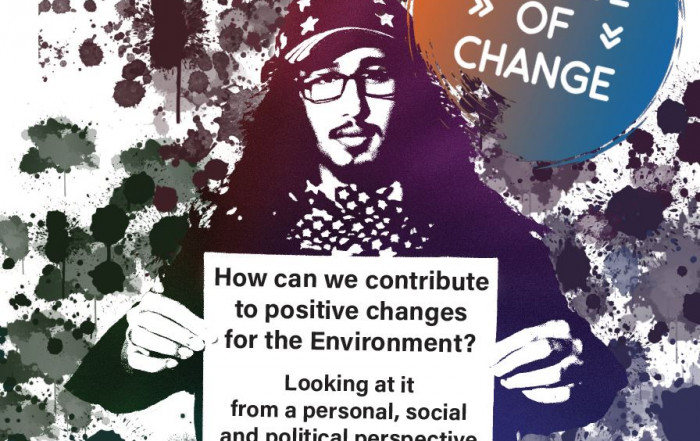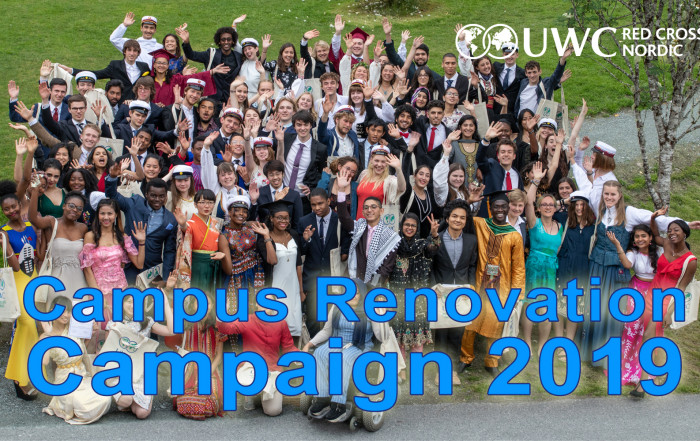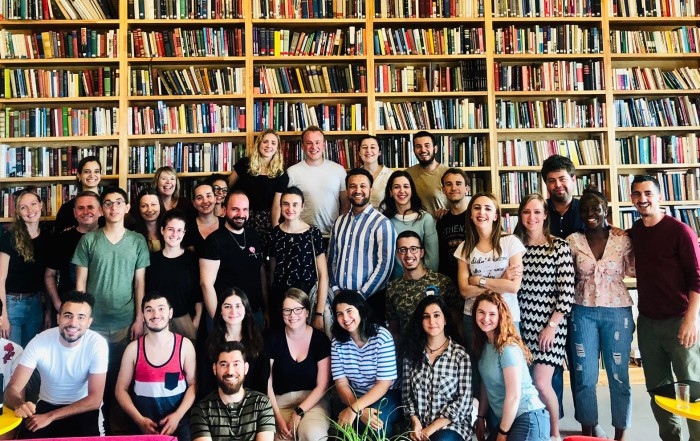“People from all around the world, politicians and scientists come to Greenland to see the inland ice,” she says. “We are at the centre of this.”
A significant portion of the ice sheet is thought to be on the verge of a tipping point, where melting could soon become unavoidable even if emissions are cut. The ice sheet is hugely important to stabilizing the global climate, as it provides a vast white region that reflects sunlight back into space. But as the ice melts, the reflective surface shrinks, leading to more warming and melting and in turn, sea level rise. Scientists say sea level rises of one to two metres is probably already inevitable.
Frederiksen knows that the melting ice sheet will have negative impacts on communities across Greenland, especially in northern settlements such as Qaanaaq where permafrost melting is destabilizing homes and roads and impacting how fishers and hunters operate.
But her real concern lies on the impact it will have globally. “I am not so scared of what the effects of the melting of ice in Greenland will be,” Frederiksen says, “It scares me what effect it can have for the rest of the world.”
Latest News
UWC Day – Climate of Change
We will be celebrating UWC Day (which falls on 21st September) on Friday 20th September 2019 with a day given over to the theme, 'Climate of Change'. We are asking how can we [...]
Campus Renovation Campaign 2019
Our Campus Renovation Campaign 2019 is now under way. We are turning to alumni and friends to seek support for our work in enabling all our students to live, learn and thrive. Alumni [...]
Utøya program – A story to tell
One week after graduating from our College Abdallah, (Palestine) was selected by the Wergeland centre to attend the Thorvald Stoltenberg seminar at Utøya, titled "Living together in culturally diverse societies" . 26 students [...]




